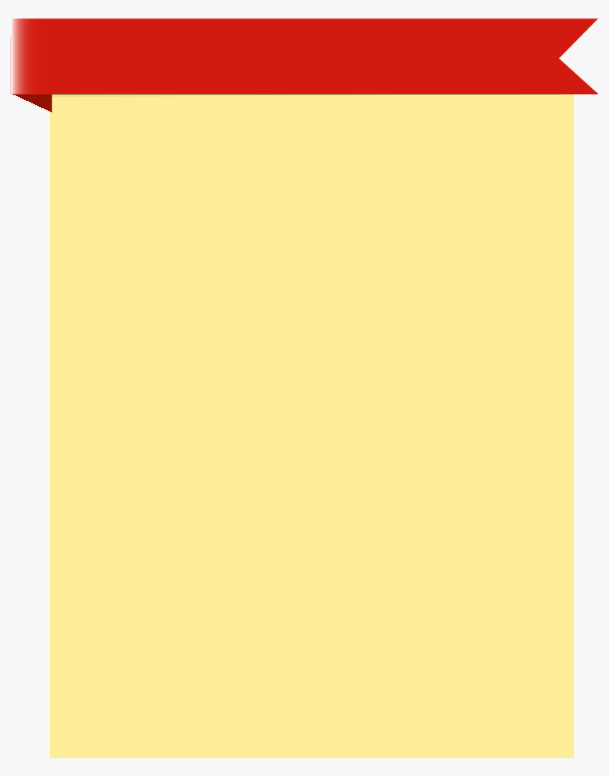Bank on It: Conventional Loans

If you’re preparing to buy a home, chances are you’re researching options for financing. The number of loan types and their various guidelines can be a lot to keep track of, but taking into account your credit score and history, the amount of your down payment and home budget, there’s a choice that best fits your needs.
If you have a solid credit standing (score of 620 or higher), a debt-to-income ratio of 43% or less and a large amount of money saved up for a down payment (anywhere from 5-20% or more), a conventional loan could be a great option for you! Conventional mortgages are offered through private lenders, and unlike some other options like FHA and VA loans, aren’t backed by any government entities. What does this mean for you? Basically, since no one is guaranteeing the funds you’re borrowing, lenders want to be confident in your financial standing and ability to pay them back.
Pros of Conventional Loans:
- There is no owner occupancy requirement, so this loan covers rental, vacation or second home purchases
- Private mortgage insurance (PMI) is not required if the down payment is 20% or higher, and falls off automatically on loans with less than 20% down once they’ve been paid down to 78% loan-to-value
- According to LendingTree, average 30-year interest rates for conventional loans are slightly lower than FHA loans at 4.88%, as of February 2019
Cons of Conventional Loans:
- The stricter credit score and debt-to-income ratio requirements can make it more difficult for buyers to qualify
- The higher down payment minimums can be hard to meet and diminish buying power
- Refinancing is available; however, a conventional loan can only be refinanced as another conventional loan
If you’re not sure whether a conventional loan is a good fit for you, talking through options with a lender is a great next step. And, stay tuned for future articles where we’ll dig into the details of FHA and VA loans!




